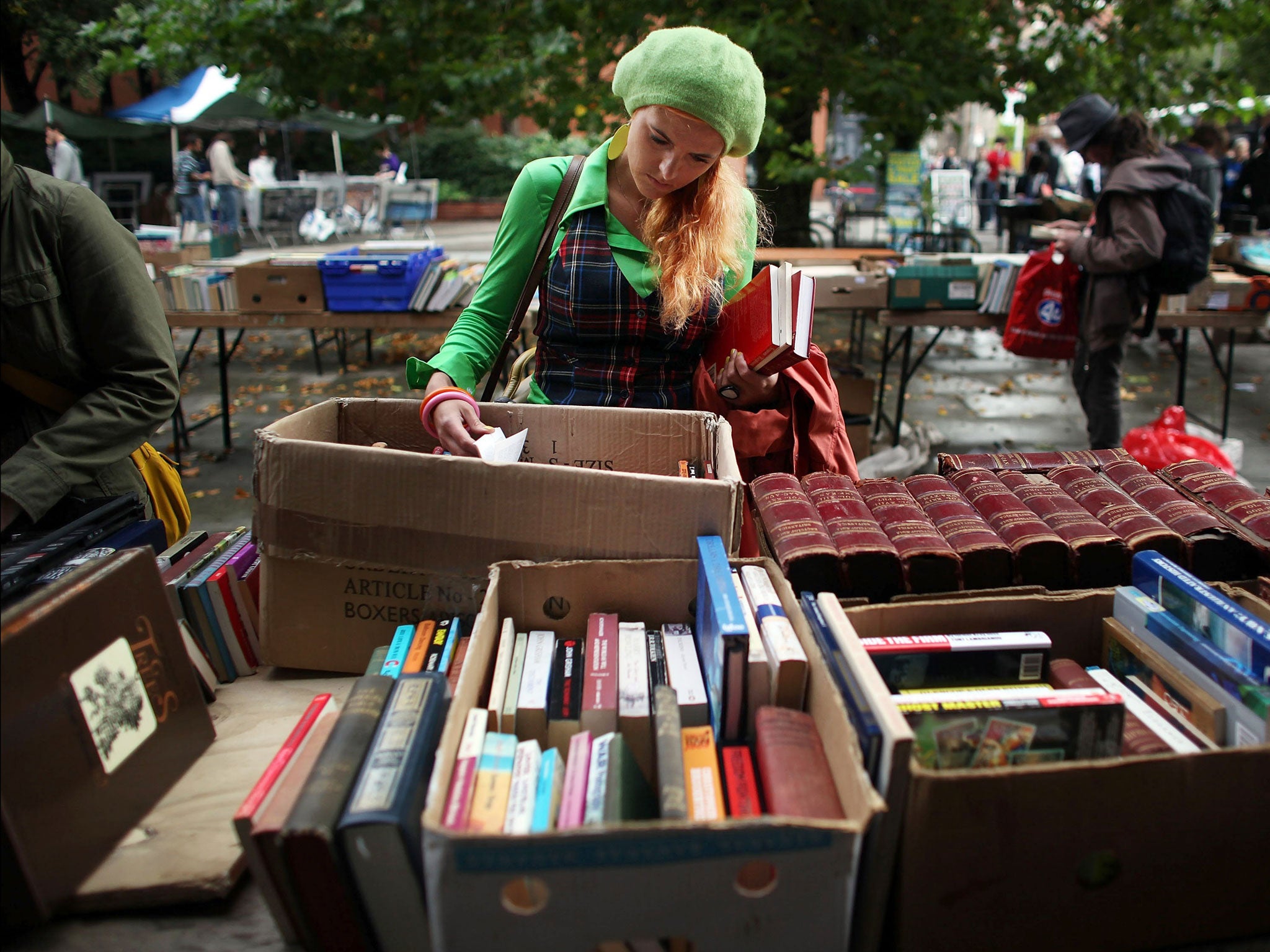Invisible Ink: No 156 - Retro reading

Two years ago, I attended a paperback fair in the basement of a dank Victorian hotel that smelled of stale breakfast, and I found myself the only punter in a room of 70 booksellers. It felt as if I was attending the wake of an unloved relative. As I loaded my arms with musty, cheap pocketbooks I wondered if this would be the last of such events to be held.
This year, I returned and had to queue for 20 minutes to get in because the fair was mobbed. Two factors had changed the forgotten paperback landscape; the arrival of ebooks has sounded a virtual death-knell for the traditional paperback (not so the hardback, which now has gift status), and social networking had spread news of the event. Mass-market paperbacks (the smallest ones) are now becoming finite and therefore desirable. With collectability comes increased knowledge, and more readers are aware that popular authors often wrote under pseudonyms, so their works are being sought out. This leads to the humble paperback being read as an accidental roman-à-clef. Many authors were "intensely private" – coding for gay. Others, like the children's author Edith Nesbitt (see columns passim), had highly unconventional sex lives. So, part of the pleasure here comes from glimpsing the author within their least-regarded books.
For example, a handsome young novelist named Hugh Wheeler wrote Sweeney Todd for Stephen Sondheim, but little is known about him. Some digging proved he was not American, as usually suggested, but English, and had penned thrillers under the pseudonym Patrick Quentin. I began to suspect that Wheeler was "intensely private" when I read Puzzle for Puppets, in which two lines are spent describing the detective's wife and half a page is reserved for descriptions of the muscular marines in a San Francisco bathhouse. The backstory to the Puzzle books grows more complicated when you realise there were a number of collaborators, and that they may have been romantically involved. Search the forums on these authors and you'll quickly lose a day.
Old paperbacks can be enjoyed for the wrong reasons; not for plotting or characters, but for incidental details. Reading the Puzzle books is akin to watching On the Town for street scenes of New York in the 1940s. It is popular culture that offers the key to the times, not classic literature. There is one downside to the surge of interest in missing authors, though; the prices of the most desirable paperbacks are, unsurprisingly, skyrocketing.
Join our commenting forum
Join thought-provoking conversations, follow other Independent readers and see their replies
Comments
Bookmark popover
Removed from bookmarks